How can the Antarctic be melting when part of the ice sheet is growing?
One of my colleagues keeps telling me global warming is not really causing ice melt, because the East Antarctic ice sheet is actually growing. Yes, it is indeed, according to the latest comprehensive study taking account of all the available satellite data. But this is in fact consistent with what scientists expect from climate warming. Warming oceans are leading to more precipitation, which falls on the high East Antarctic ice sheet as snow. The situation in West Antarctica and on the Antarctic peninsula are very different. If you find all this interesting, you might like to listen to this Interview with Andrew Shepherd, coordinator of the latest study, supported by NASA and ESA, the European space agency. He explains what the satellites tell us about the state of the polar ice caps and their increasing contribution to global sea level rise.
In case you missed them, you can still catch up on the satellite study and the latest models on sea level rise. At the end of the interview I asked Prof. Shepherd what difference the data could mean to the next IPCC models on sea level rise. He made the point that the real uncertainty in these models is about what emissions trajectory the world’s countries will opt for. Which brings us back to Doha. I’m following the talks with interest, but not much in the way of expectations. The German environment minister told my colleague Andrea Rönsberg in an interview he wasn’t too optimistic about whether the talks would manage to reduce sea level by even a tiny degree. He’s not alone there.
Is wildfire smoke helping to melt the Greenland ice sheet?
I have come across an interesting story from the University of Ohio State saying satellite observations have revealed the first direct evidence that smoke from wildfires in other parts of the Arctic is drifting over the Greenland ice sheet, polluting it with soot which makes it more likely to melt in the sun.
![]() read more
read more
Stop flying over the North Pole! (Exception: Reindeer-drawn sleighs)
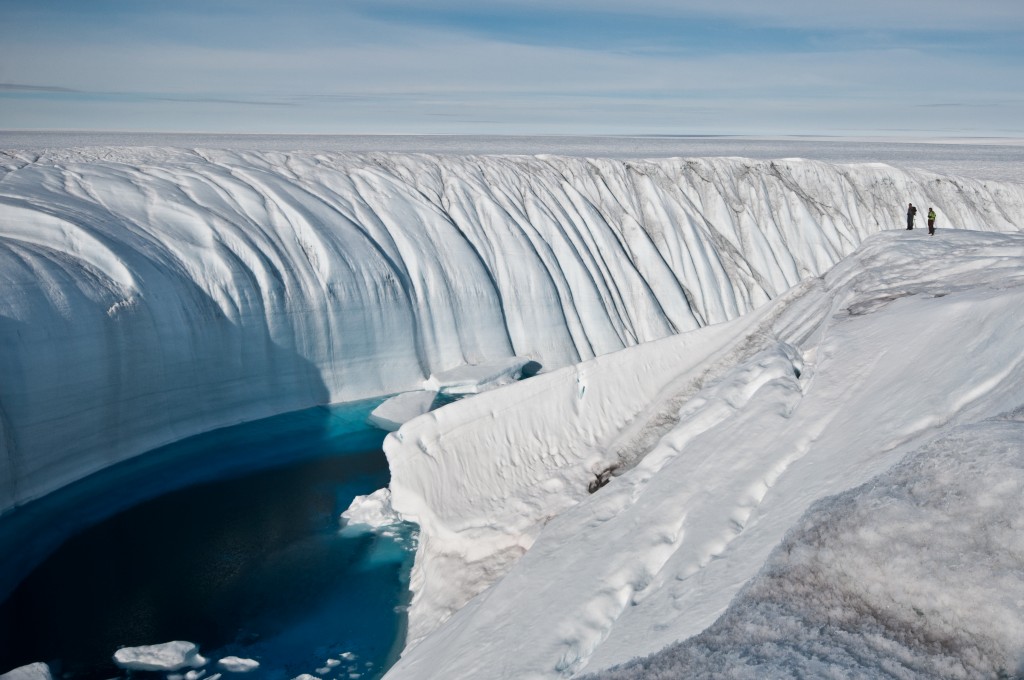
Greenland melt stream photographed by Ian Joughin, a glaciologist in the University of Washington’s Applied Physics Laboratory
I have written a lot about the melting Arctic ice on the Ice Blog. This spectacular photo shows a channel carved into the Greenland ice sheet by melt water. It was taken by Ian Joughlin from the University of Washington, co-author of the study on melting polar ice (see Ice Blog post from 30.11.12) and lead author of an article on factors that cause ice sheets to lose mass. It goes without saying (almost) that we need to reduce emissions to halt the process. (Come on Doha negotiators). A new study has come up with an additional suggestion. Atmospheric scientist Mark Jacobsen and his colleagues suggest airlines could help slow Arctic melting by stopping international flights from crossing over the Arctic circle.
![]() read more
read more
Climate change is responsible for “weather” records 2012
This has been a record-breaking year in terms of heatwaves, drought, floods, hurricanes, melting Arctic ice. There are those who would say we have always had extreme weather events and they have nothing to do with human-induced global warming. But the World Meteorology Organisation (WMO) is in no doubt that all these are signs that global climate change is already happening. The experts brought out their provisional climate report for 2012 in Doha, where the climate talks have so far failed to make any progress.
This has been a year of above-averge temperatures and extreme weather events, according to the WMO. A taste of (climate) things to come, says Jeremiah Lengoasa, the Secretary General of the UN’s weather body. Forest fires in the northern hemisphere, record temperatures in Europe and the USA, a cooler summer in northern Europe but an unusually hot one in the south of the continent. Drought in the USA, parts of China, Brazil, floods in West Africa, Pakistan, Argentina and southern China, extremely cold winter in eastern Russia, a third season of super-strong hurricanes in the Atlantic , record sea ice minimum in the Arctic…. Lengoasa says climate change is no longer a threat for the future. It’s already here.
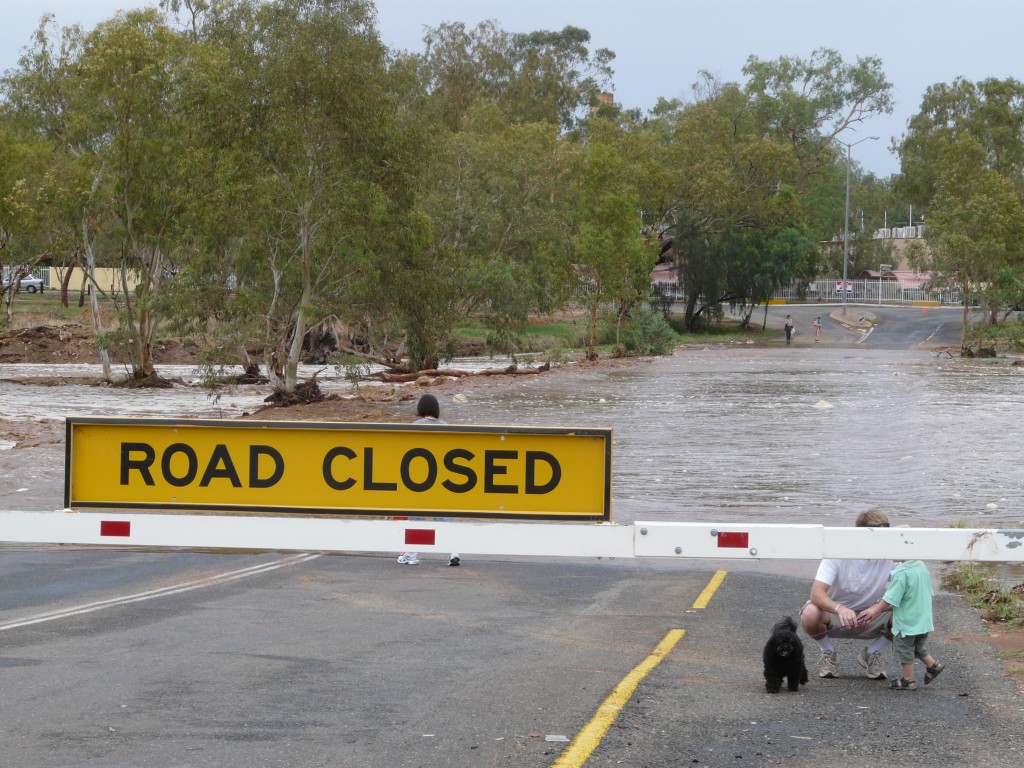
Experts say climate change is increasing the likelihood of extreme weather events. This show flooding in Alice Springs, Central Australia, when I was there in 2008. Expecting the dusty “red centre”, I was surprised to meet with floods and frogs!
Record polar ice loss should spur action in Doha!
Not a day seems to go by without another new revelation about the state of the polar ice, which we once though was such a normal, permanent feature of our planet. Now an international team of satellite experts has produced what they say is the most accurate assessment of ice losses from Greenland AND Antarctica to date and the result is devastating.
![]() read more
read more



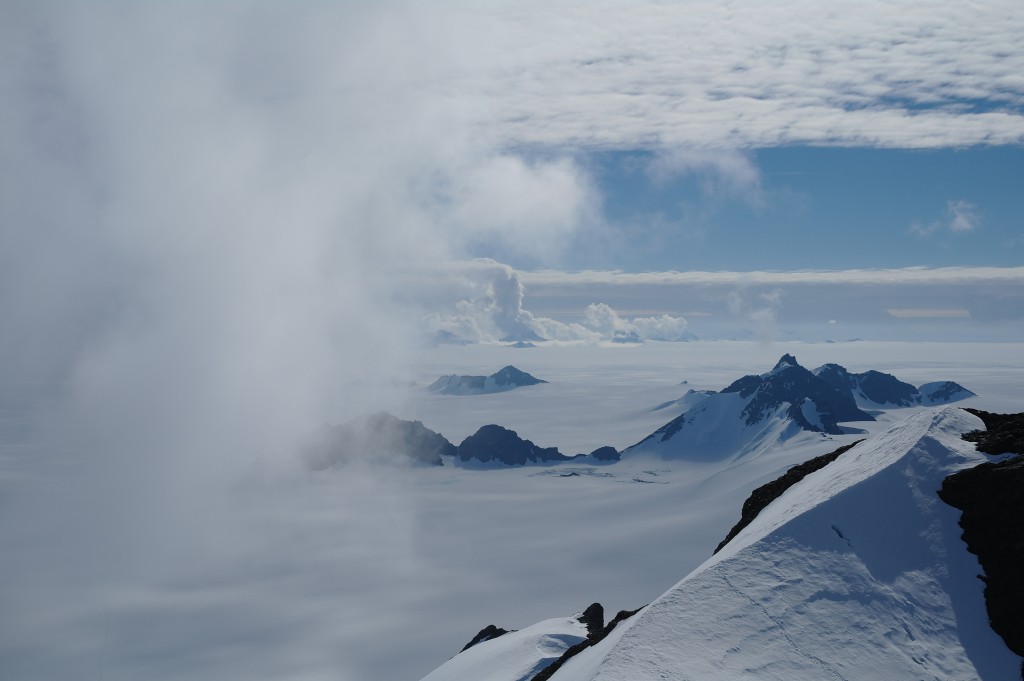

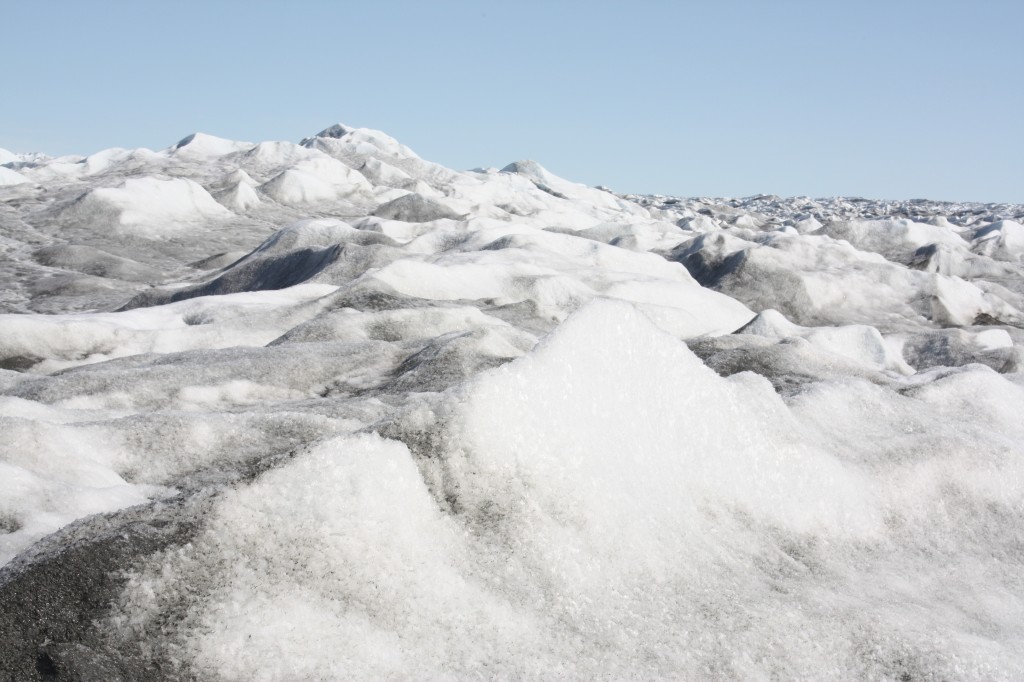

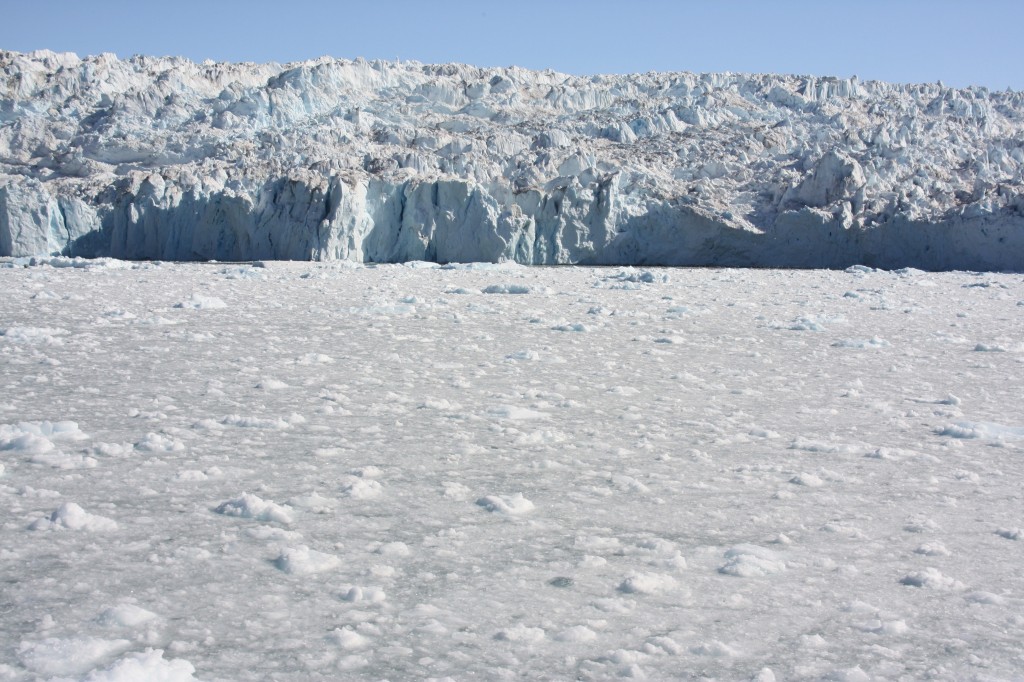
















Feedback